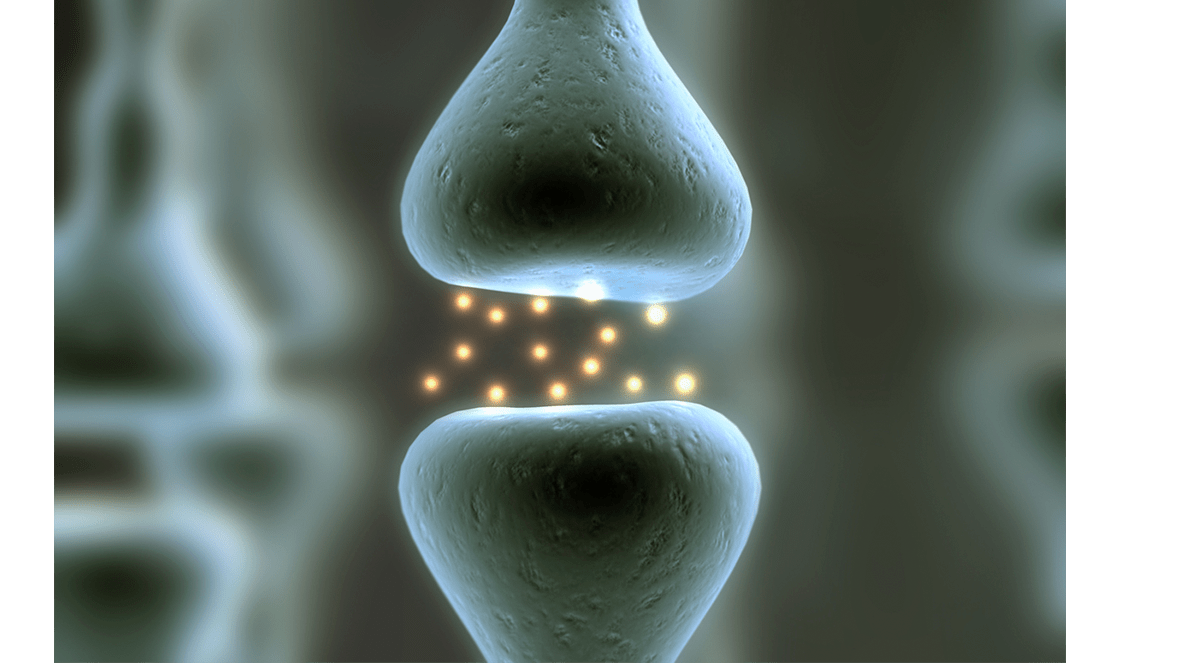Stigma is a barrier to accessing treatment and support services for individuals with substance use disorder. Stigma is negatively associated with completion of treatment for substance use disorder and management of recovery.
To learn from individuals in recovery from opioid use disorder in a largely rural area about how their personal experiences of stigma affected their ability to enter into treatment and stay in recovery.
We conducted ten focus group sessions with established cohorts of individuals in recovery who met regularly as part of recovery programs in central Maine, including two cohorts of postpartum women. Focus groups included 58 participants (33 women and 25 men, age > 18). We conducted a content analysis of focus group transcripts.
Study participants identified hospitals, government agencies, and pharmacies as the primary locations where they had stigmatizing experiences. Participants identified pharmacists and pharmacy technicians as the most frequent perpetrators of stigma. Participants identified fear and secrecy as pathways through which stigma negatively affected their recovery.
Anti-stigma training programs and related efforts conducted in rural areas may benefit from including pharmacists and pharmacy technicians in training activities, and from considering hospital, government agency, and pharmacy settings as venues for anti-stigma interventions.
Copyright © 2021 Elsevier Inc. All rights reserved.
Experiences of stigma among individuals in recovery from opioid use disorder in a rural setting: A qualitative analysis.


